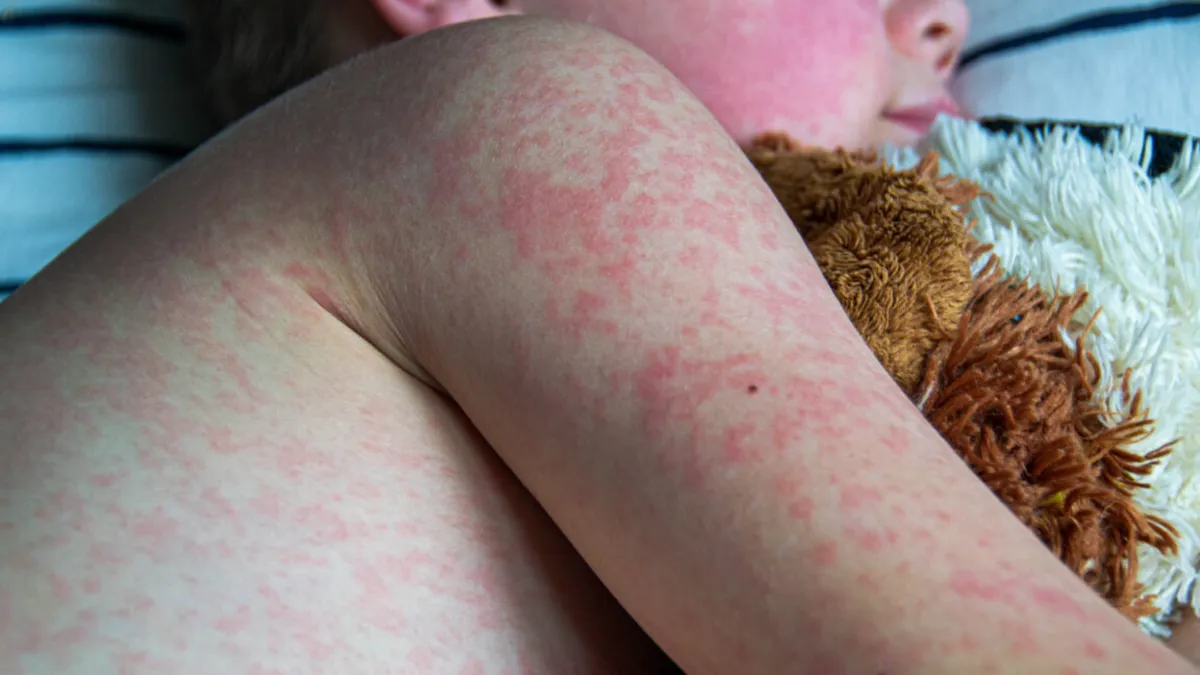
An ongoing measles outbreak that originated in one of Texas' least vaccinated counties has rapidly expanded, now reaching 90 cases across a cluster of seven counties in the state. This development was confirmed in an update by the Texas Department of State Health Services on Friday.
The outbreak may have crossed state lines into New Mexico, where nine cases have been reported. According to Robert Nott, the communications director for the New Mexico Department of Health, there is currently no confirmed link between these nine cases and the confirmed cases in Texas.
However, all nine cases in New Mexico are located in Lea County, which borders Gaines County, Texas, the epicenter of the outbreak. Of the 90 cases in Texas, 57 are in Gaines County, where the vaccination rate among kindergarteners is only 82 percent this school year. The lack of a clear connection between the Texas and New Mexico cases is concerning, as it suggests undetected community spread and a heightened risk of transmission in Lea County, noted the health department in an alert last week.
Besides Gaines County, other affected counties in Texas include Dawson with 6 cases, Ector with 1 case, Lubbock with 1 case, Lynn with 1 case, Terry with 20 cases, and Yoakum with 4 cases.
In Texas, the majority of the cases are among children: 26 cases are in infants and young children aged 0 to 4, while 51 cases are in individuals aged 5 to 17. Notably, all but five cases have occurred in unvaccinated individuals. Approximately 18 percent of those affected, totaling 16 people, have required hospitalization.
In contrast, New Mexico has reported no hospitalizations so far, with five of the nine cases occurring in adults. The remaining four cases involve individuals aged 5 to 17.
Given the low vaccination rate in the area and the highly contagious nature of measles, health officials anticipate that the outbreak will continue to grow. Measles is one of the most infectious viruses known; 90 percent of unvaccinated individuals exposed to the virus will contract the illness. The disease is characterized by high fevers and a distinctive rash and can lead to severe complications, particularly in young children.
In the United States, approximately 20 percent of measles patients are typically hospitalized. Five percent of cases develop pneumonia, and up to 3 in 1,000 may die from the infection. In rare instances, measles can lead to a fatal disease of the central nervous system known as Subacute sclerosing panencephalitis later in life. Additionally, measles can cause "immune amnesia," effectively wiping out immune responses to other infections, making individuals more susceptible to various illnesses.